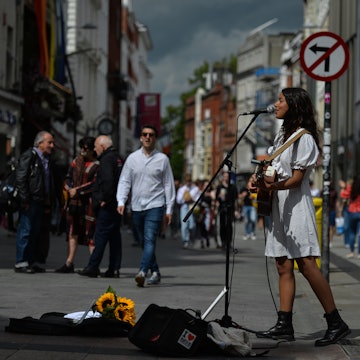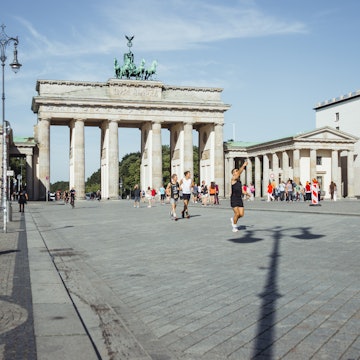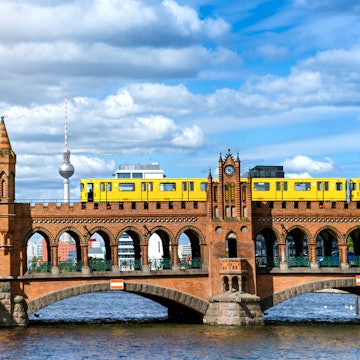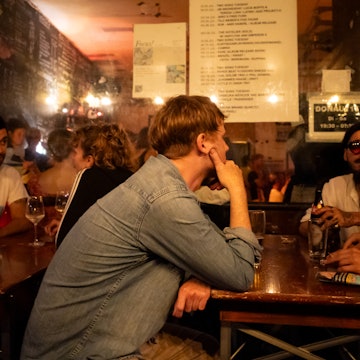

Hostels are having to do things a little differently © The Amsterdam Winston Hostel
Four-storey bunk beds and fighter-jet snores. Alarms going off at 5am. Making friends for life. Hostels have offered independent travelers both affordability and sociability for generations, but can they tempt people back during the pandemic?
Hostels are still social spaces
Just minutes from the recently reopened Red Light District, The Amsterdam Winston Hostel has a bit of a reputation as a party hostel: DJs, beer pong, and its very own nightclub. But as the sun flickers across its outdoor terrace, beads of condensation running down chilled pints of lager, it also has that magical pull that only the greatest hostels do: a space where like-minded travelers gather to laugh, to plan, to make new buddies.
“Hostels are naturally big social bubbles,” says Sophie Herbert from The Winston. “If you're traveling by yourself, you don't want to be sitting in a hotel room. The whole reason people stay in hostels is to meet other travelers and come together to share stories.”
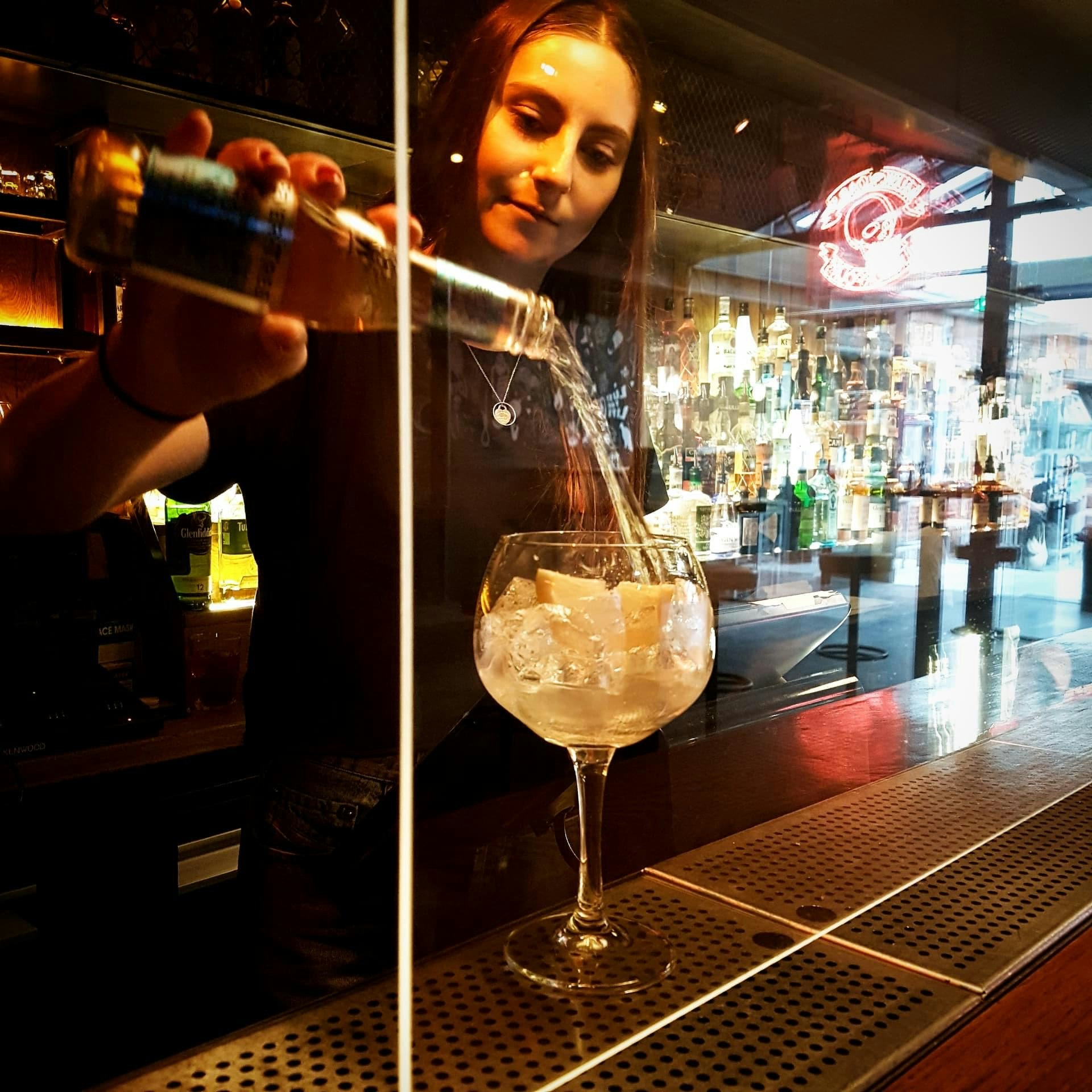
Safe interactions at hostels
However, during a pandemic, where strict social distancing rules are in place, hostels are having to create a new normal. Like many European hostels, the Winston has installed plastic screens, increased the frequency of its deep cleans and reduced capacity in public spaces such as bars.
It still wants to retain as much interaction between guests as it safely can, so events such as quizzes and live music are back on the cards. Dormitories are reopening too. “What we're trying to do is encourage people to book out dormitories as a group or household or social bubble,” says Sophie.
Social distancing rules now mean there are fewer beds in each shared room and the hostel has converted some dormitories into private rooms. But despite the changes, travelers are returning.
“We're starting to see more and more people booking online and coming to stay,” says Sophie. “It's all been extremely positive, actually. Backpackers are quite young and resilient.” Although occupation rates are nowhere near the usual 98–100% they are used to in the summer, numbers are rising and look particularly promising for September.

Changing what's on offer
Over in Berlin, The Circus Hostel has started to welcome travelers back too. “We currently have 16 guests in the hostel, mainly German, which is very strange for us because usually we have such a huge international crowd,” says the hostel’s Maja Stefanovic.
Attracted by its proximity to the Party Line (the U8 U-Bahn route to clubbing center Kreuzberg), the frothy lagers available from the on-site microbrewery, and exclusive after-hours tours to the Opera House or the Natural History Museum, this hostel was built was backpackers in mind.
“We were started by five friends who lived together, traveled a lot and always thought: ‘what would we like to have when we are traveling ourselves?’” says Maja, “and then they decided to create that for Berlin visitors.”

Since COVID-19, they’re having to rethink that premise again. As well as reducing numbers in the dormitories, the hotel will make face masks mandatory for staff and replace the breakfast buffet with pre-prepared options only. It's also luring guests back with deals. “We are lowering all prices,” admits Maja. “But we are also doing other little things like including breakfasts in the booking, free cancellations, and later checkouts. We are giving people options.”
What do travelers think?
Tactics like this, used across the continent, seem to be working. One intrepid traveler already on the move is Ray K, who works for the US government in Germany. He took two buses to get from Nuremberg to Hamburg for a three-night stay in a shared room at the a&o Hostel Hamburg – Hauptbahnhof.
“I’ve got a long weekend because of July 4 [Independence Day in the US],” Ray tells Lonely Planet, “plus [the government has] just started to allow travel within Germany.”
Despite being in the high-risk category should he catch COVID-19, Ray plans to go sightseeing with friends from Bremen that he met whilst staying at a hostel in Dublin last year.
“Masks have to be worn in the building, except in the rooms,” Ray explains. He adds that there are at least two other guests staying in his six-bed dormitory, plus a whole family waiting in line to check-in with the arrival line snaking out of the door.
Even though he has been on a full bus for 10 hours, Ray admits that he’s not that worried about staying in shared accommodation. “I’m just happy to travel,” he says.
You might also like:
Why I believe we need to start traveling internationally again
How visiting the world’s busiest museums has changed
An expert's safety checklist if you need to travel now






